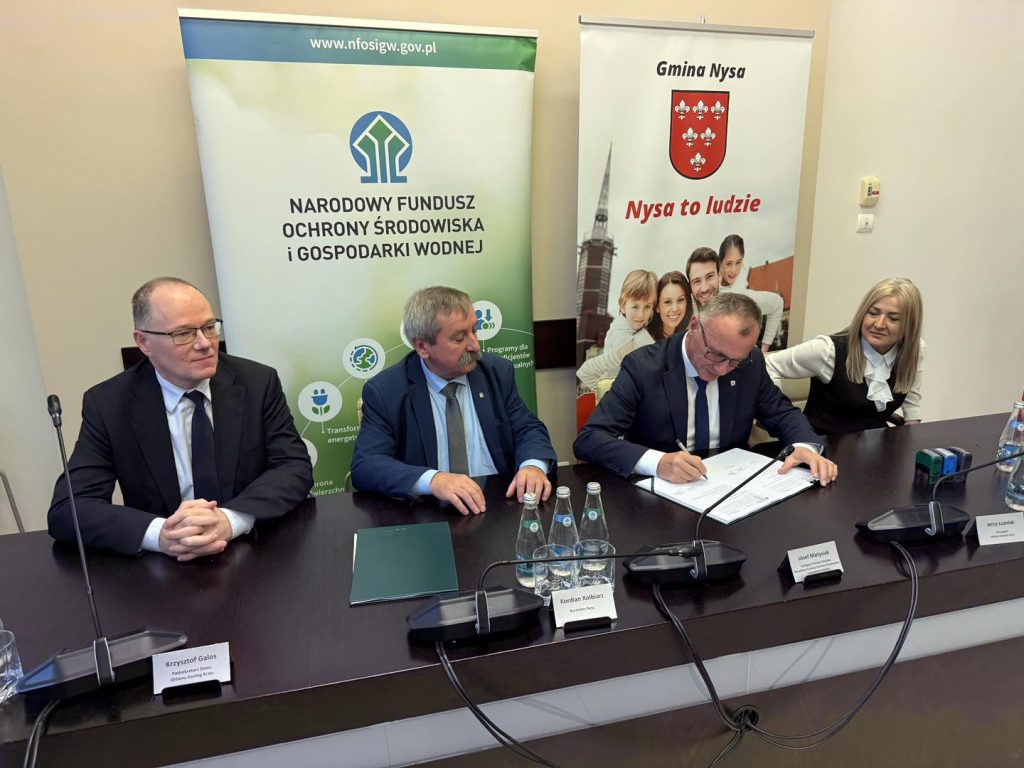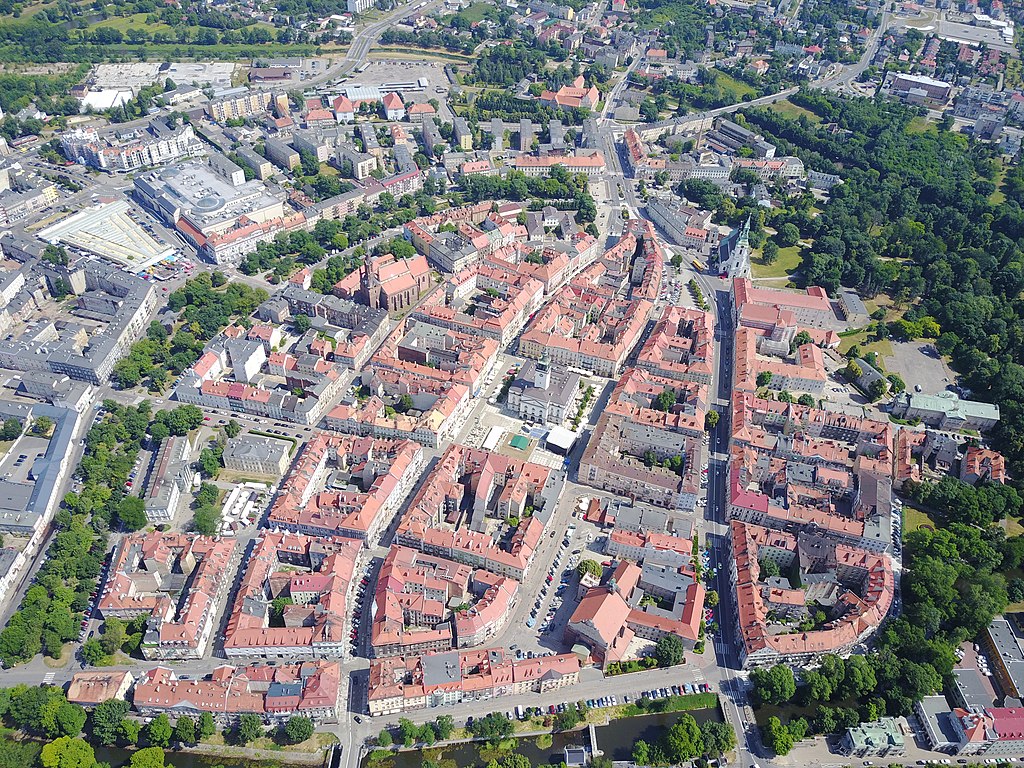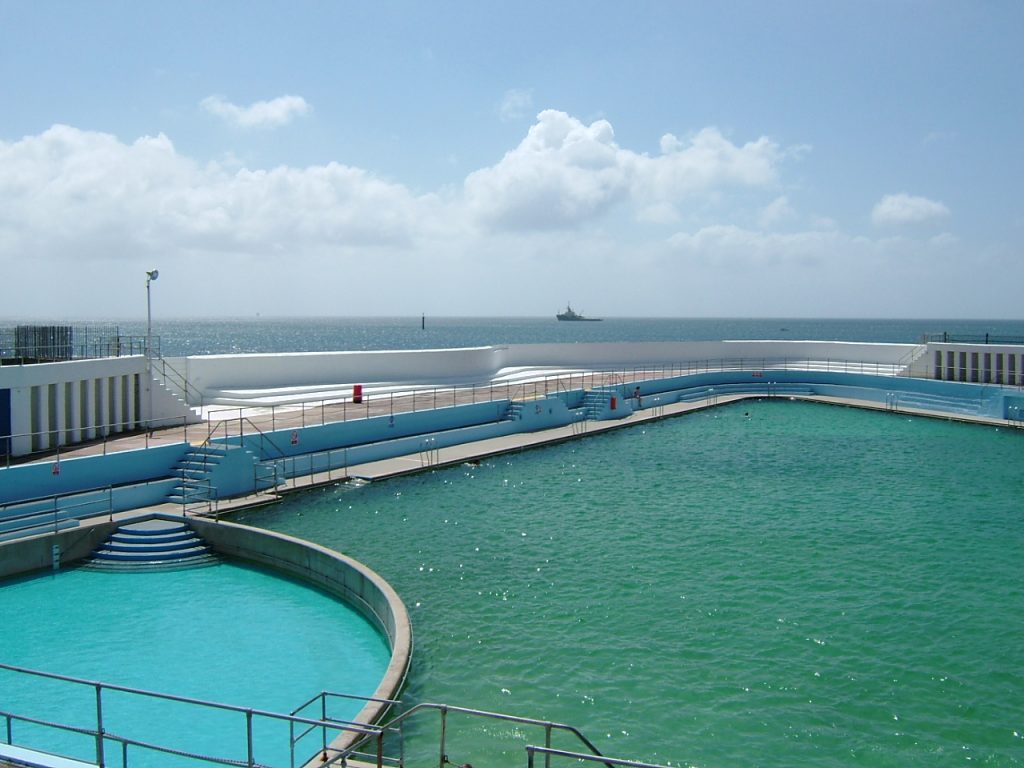On 12 June the IHA convened a meeting between eleven CEOs and top executives from IHA’s membership and Dr Fatih Birol, the IEA’s Executive Director, where they discussed how hydropower can contribute to global recovery efforts.
During the meeting Dr Birol acknowledged the importance of hydropower to a modern, clean and secure energy future, and said it plays an important role in providing electricity security and system flexibility, although he noted that the ‘voice of hydropower is not heard loudly enough in the energy and climate debate’.
Eddie Rich, IHA’s CEO, emphasised that sustainable hydropower should be part of the energy mix for a green recovery. “Even more than other renewables, government policies and actions drive investment in the hydropower sector. A ‘green stimulus’ for low carbon technologies and hydropower infrastructure should be a key pillar of government-led recovery packages” he said.
The meeting discussed how hydropower’s flexibility and grid management services can support variable renewables, but acknowledged that investment in the industry is stagnating. Improved market design to compensate for these services would benecessary to incentivise investment in plants with storage, such as pumped storage.
Yves Marie Giraud, Director of EDF-Hydro, France, said hydropower was the best way and the only way to store energy in large quantities and over long periods, but markets should be designed better to reflect this: “Usually, we do not have the appropriate market design nor the mechanisms to support storage in general, and pumped storage plants in particular.”
This view was echoed by Stephen Davy, CEO of Hydro Tasmania, Australia, who said: “Pumped hydropower investment is the easiest and most straightforward way to maximise solar and wind generation in the energy system. In Australia we are promoting the market measures required to properly value storage and flexibility.”
In developing countries where the fiscal response to the Covid-19 crisis is limited, multilateral development banks will be critical in financing or refinancing viable projects.
Anton-Louis Olivier, CEO of REH Group, based in South Africa, said: “With the growing emphasis and prevalence of solar and lower cost but intermittent resources, we should not neglect the need for hydro to create the base on which these lower cost technologies can also enter into the market.
“My message to the IEA in dealing with the international financial sector and multilaterals guiding the future of the energy sector in Africa is to remember that hydro, large and small, can still play a significant role in the continent, and can contribute to a growing and decarbonised power sector.”
Dr Birol acknowledged the points made by the industry speakers, including about the importance of storage, modernising plants, and keeping long-term policy support; as well as the multiple non-energy benefits of hydropower, such as flood and drought control, irrigation and climate resilience.
As well as feeding into this week’s IEA World Energy Outlook special report, the discussion will be considered for the IEA’s Clean Energy Transitions Summit on 9 July 2020.







